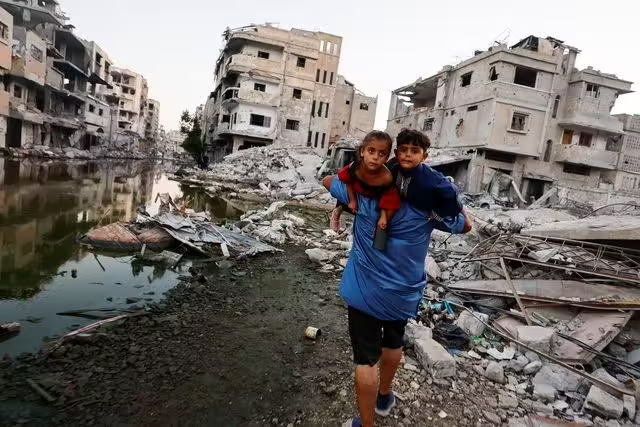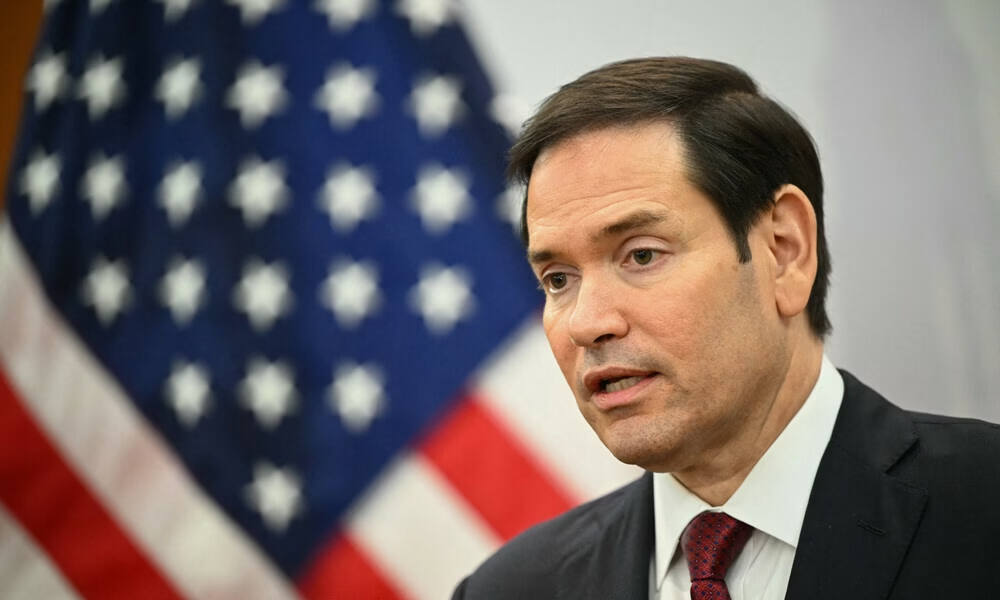Freedom of expression is facing unprecedented challenges in Gaza, where journalists are increasingly targeted amidst ongoing conflict, according to a United Nations expert. Irene Khan, the UN independent investigator on the right to freedom of opinion and expression, highlighted the alarming trend of violence against the media and the arbitrary detention of numerous journalists in the war-torn region.
Khan pointed out that the Israeli authorities appear to be systematically silencing critical journalism. This is evident in the banning of Al Jazeera and the tightening of censorship in Israel and the occupied territories, which she described as a strategy to obstruct the documentation of potential international crimes.
Moreover, Khan condemned the “discrimination and double standards” that have led to restrictions on pro-Palestinian protests and speech in various countries. She cited examples of protests being harshly suppressed in the US and bans on Palestinian symbols and slogans in places like Germany and other European nations.
The UN expert also expressed concern about the marginalization of dissenting voices in academia and the arts, noting that many prominent institutions have failed to protect their communities, regardless of individuals’ backgrounds.
While social media has provided a vital channel for communication to and from Gaza, it has also seen a rise in disinformation and hate speech, affecting all groups involved. Khan emphasized that Israel’s military actions and long-standing occupation of Palestinian territories are crucial issues that deserve public scrutiny and discussion.
In her report to the General Assembly’s human rights committee, Khan stated that Israel downplayed the conflict’s global significance and suggested that her mandate should not extend to it. The ongoing conflict has resulted in a tragic loss of life, with reports indicating thousands of Palestinian casualties and a significant number of hostages.
Khan, a former secretary-general of Amnesty International, underscored that no recent conflict has posed such a severe threat to freedom of expression. She urged the UN General Assembly and Security Council to implement measures to protect journalists as essential civilian workers, equating the importance of journalism to that of humanitarian efforts.
As the landscape of information sharing evolves, Khan stressed the necessity for international media to gain access to conflict zones like Gaza, insisting that denying such access is unacceptable. She questioned why countries that champion media freedoms have remained silent amid the unprecedented attacks on journalists in Gaza and the West Bank.
Khan concluded with a stark warning: the events in Gaza send a troubling message worldwide that such actions can be tolerated, emboldening others to believe they can act with impunity.



